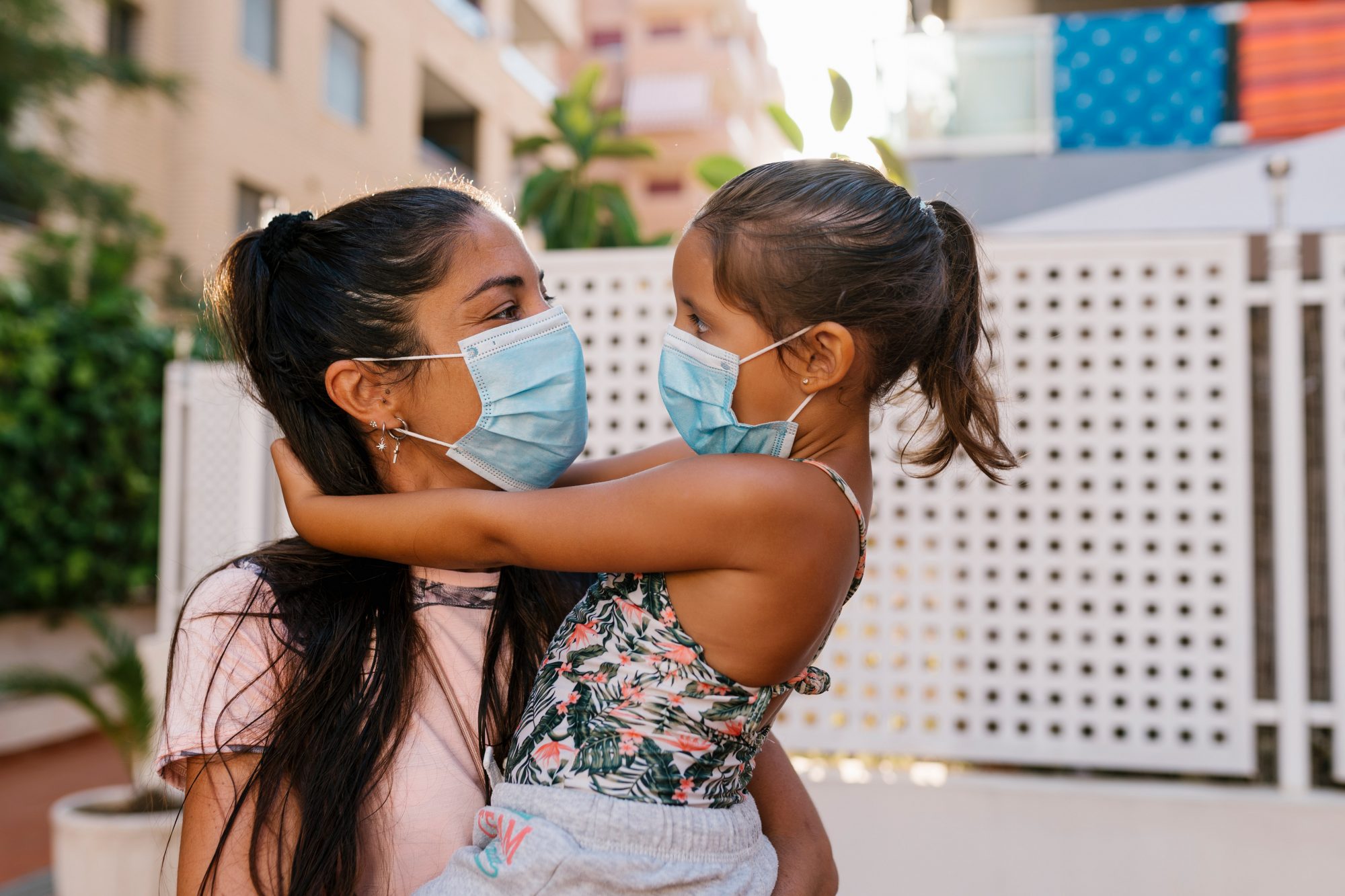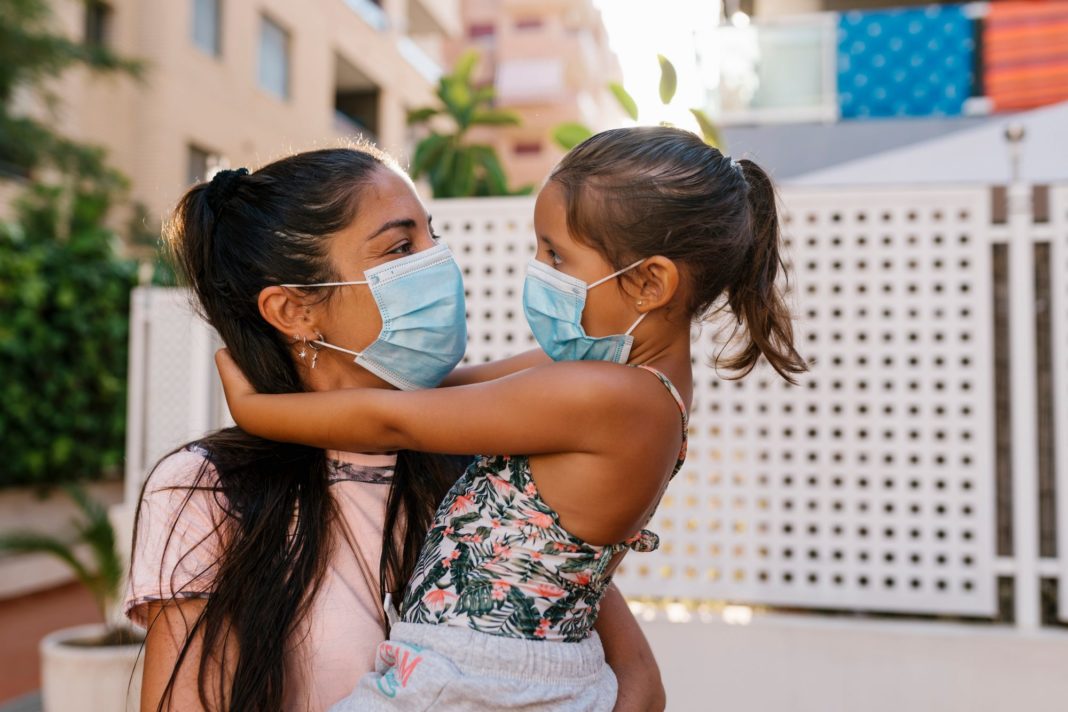
As a pediatrician, I have a finely developed sixth sense for when parents are nearing their breaking point and I'll tell you: Between fatigue, high COVID-19 rates, a slower-than-expected vaccine roll-out, and an unclear vision of post-pandemic life, most parents seem to be teetering.
Kids are arguably suffering, too. We've yet to define what sort of chronic stress our children are experiencing due to the COVID-19 pandemic, but science has shown us that toxic levels of childhood stress impair academic performance and are linked to diseases such as alcoholism, depression, eating disorders, heart disease, and even cancer.
What science also shows: Having a positive a supportive relationship with a parent is protective and lowers the risk of long-term problems from toxic stress by nearly half.
Of course, being in charge of steering your family ship through the storm and knowing what to say to children about what's going on in the world around them puts a lot of pressure on parents. Plus, it can be confusing.
After all, one of the most common issues I hear is that children don't seem to care. For children, it's developmentally normal for them to care most about what they can see and touch. Certainly, we see gleams of empathy at all ages—and tweens and teens will show even more sophistication in their ability to comprehend a global crisis—but it's normal for our children to focus on themselves and their day-to-day life.
Just showing up to connect with your child has value in protecting them. But helping them understand and process what's going on can protect them even further since appropriate knowledge can promote your child's sense of safety and security.
Fortunately, this can be done by utilizing something as simple as what I call a COVID-19 "check-in sandwich." You start with something positive and specific, explore the difficult and invite questions and concerns, and end with reinforcing the child's safety. Here's how to do it and why it can help both you and your child.
Show Your Child You Notice Them
Pick something specific and concrete that you can shine a light on. Do you feel proud of their work in virtual school, their creativity in connecting with their friends, or their adherence to social distancing? This step gets your child's attention, reinforces your connection, and highlights a strength your child can continue to use for coping in this time. Your child's inquisitive nature, kindness, or diligence may have helped them so far and will continue to help them.
Share the Truth
When children know something is wrong, but don't know what, they can imagine things to be even worse and feel uncertain and unsafe. Instead of letting their mind run wild, tell them what's wrong while keeping information age-appropriate. "Thousands of people are getting vaccinated every day, but many people are still sick and spreading the virus." Acknowledge uncertainty, but find ways to see the positive too.
Ask Open-Ended Questions
Ask questions like, "Do you have any questions about the virus?" or "What have your friends been talking about with the new vaccine?" If your children don't have much to say, I'd encourage you to share something that's been on your mind. "I have had trouble helping you in remote learning while working from home, but I'm doing my best and it's nice that we can have lunch together." Or, "I have been feeling worried sometimes myself, and going for a walk has helped me feel better." If your children have a lot of questions, it's also OK to say, "I don't know, but I can try to find out."
Remind Them of Your Support and Their Safety
Say something like, "I know it's a crazy time but so many people are out there working to make things better. You know I am always here for you and so are [other supportive people]. If you ever have questions or feel worried you can always ask and we will get through this together."
Even if you feel confused about what's happening overall, it's quite likely that you are much better informed than your child. Keeping them in the loop can remind them that they are safe—and there's almost nothing more important than making a child feel safe.
Just Be There
No luck talking about the world around us? It's OK if your attempts at a COVID-19 check-in don't go well. But making a habit of promoting open dialogue can encourage your child to start opening up. It's also appropriate to respond to your child's cues, if they aren't open, it may be that another time or place might be better for conversation or it could be they don't want to check in as often as you might like.
But remember: Just being there for your child is enough.
Kelly Fradin, M.D. is a pediatrician and author of Parenting in a Pandemic: How to help your family through COVID-19.
































